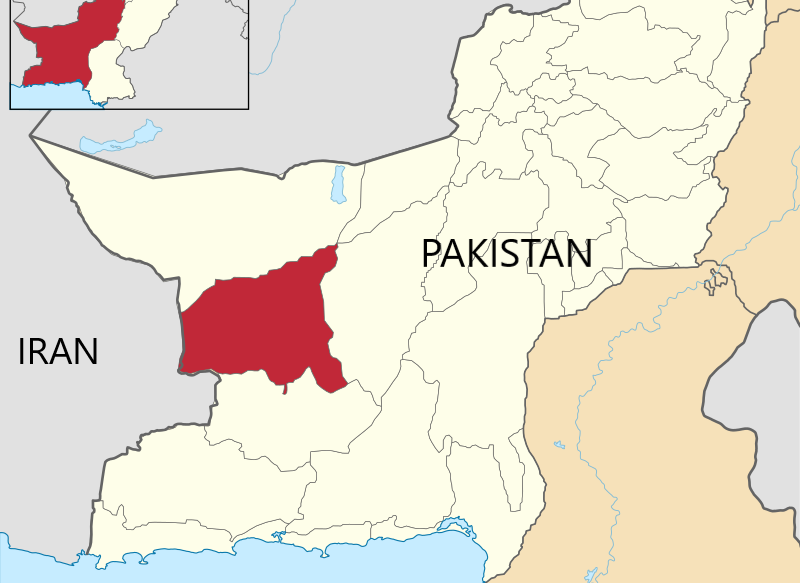Oil smuggling has sustained a nondescript town in Balochistan for years, but now a crackdown by the Pakistan government may put a halt to this menace.
In one of the most backward areas in Pakistan’s Balochistan, there are no roads, water supply, or even electricity, but the smuggled oil from Iran is available in abundance and sustains the livelihoods of more than 80 percent of the households.
The residents of the small town Mashkel, which lies on the border with Iran, thrive on procuring oil illegally across the border and selling it in other towns and cities in Pakistan.
The smuggled oil trade in Pakistan’s Balochistan province has been going on for decades, and the Pakistani government has repeatedly made promises and claims in the past to ban oil smuggling and sales in the country but has so far failed to stop this trade.
Accidents and frequent confrontations between the smugglers and security forces guarding the area also resulted in the loss of lives.
Ferried in blue pickup trucks, the drums of petrol and diesel come every day from the Iranian town of Saravan, which lies opposite Mashkhel. The Iranian pickup truck is called ‘Zamyad’ while the locals call it ‘Zambad’, and it can be bought 1.5 to 2 lakh in the local currency, reports BBC.
The vehicles bear fake registration plates, so even if they are confiscated by the police it’s difficult to file a case. The owners of the oil trucks vary and are spread across different border areas in Balochistan.
Each owner here has 20 to 30 such vehicles, which carry petrol from the border to cities and small tehsils. In Mashkhel, some people either contract Zambad vehicles or buy the oil and open their own shop. It pays off well.
In addition to other Iranian goods, smuggled petrol is sold in the markets of Mashkhel as if it were food, the BBC report adds. An estimated 85% of the population in the town trades in oil. So, if you look at the area from the roof of a nearby shop or a rock, you can see blue oil pickup trucks coming into the oil market everywhere. They deliver drums to various shops and go back to the border.

The locals have for decades tried hard to get into other businesses and trade, but the local environment offers none. The oil smuggling offers lucrative opportunities with a relentless supply available from Iran across the border. They say if the government closes the border, their lives will eventually end.
But now the Pakistan government intends to crack down on the illegal trade of petrol, which has resulted in significant losses to the public exchequer. The government has identified 1,800 petrol pumps in Balochistan alone where smuggled petrol is sold.
The prime minister was informed of a loss between Rs 100 billion and Rs 150 billion annually because of smuggled oil. At present, 2,094 petrol pumps in the country are involved in the sale of smuggled oil.
This week, a parliamentary committee asked the government to commit a major part of savings from its drive against smuggling of petroleum products through the Iranian border worth over Rs 200 billion annually to livelihood projects to avoid any unrest arising out of the closure of illegal business of the people involved, reported Dawn newspaper.
The government estimates the number of people associated with oil smuggling in Balochistan to be about 2.2 million because of limited job opportunities. The government also fears that shutting down the oil smuggling across the border may leave people vulnerable to getting involved in anti-social activities and unrest.
The committee recommended that “the government must provide an alternative source of livelihood to those who are affected by this measure in Balochistan”, the Dawn report added.
The committee was informed that the import of petroleum products from Iran was very viable economically, but Pakistan could not consider it owing to US sanctions on Iran, according to the report.
The US sanctions have caused the Iranian oil to stagnate in the country with a huge fall in prices, and a high price across the border drives the poor Iranians to smuggle their oil to the other side of the border with Pakistan. Some estimates say that the smuggled oil from Iran meets around 19 percent of the demand in Pakistan.